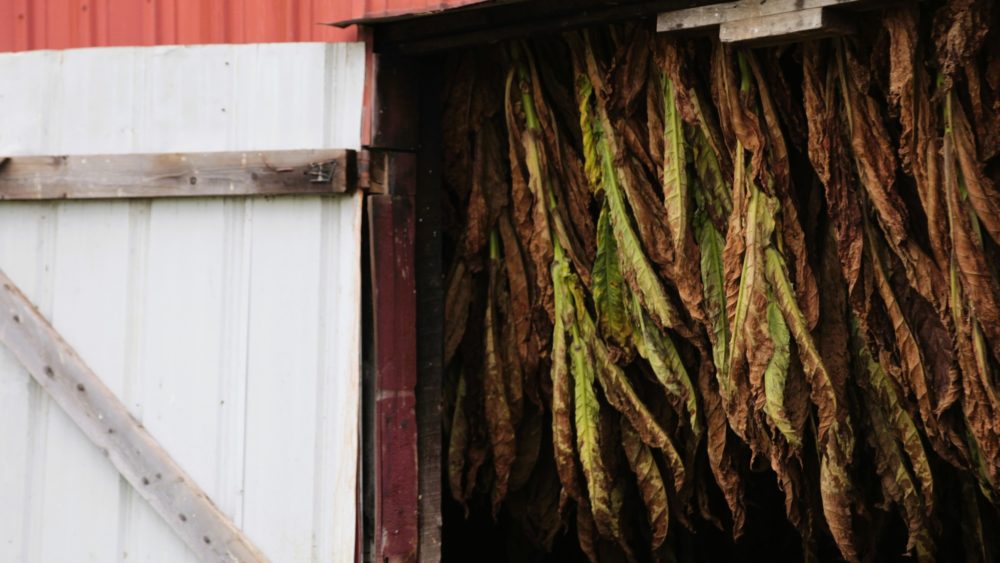Kelly Jackson
Christian County Extension Office
Going Green
In today’s society, “green” is used to describe everything from household cleaners to cars. It’s a big buzz word that you hear often, but what does “green” really mean? Simply put, “green” is being environmental responsible. Adopting a green lifestyle means making deliberate choices to lighten our impact on the natural world.
Understanding how our daily choices affect our environment is vital. As consumers, we have many options available to us to meet our needs. When someone chooses to adopt a green lifestyle, they are making deliberate choices to lighten their impact on our natural resources. They drive less, conserve water, recycle, and buy local products.
There are many ways to “green up” your lifestyle. Making changes in small steps will help you permanently adopt these green practices. As gardeners, water and the conservation of water, is one area where we can make a major impact. Consider some of these tips. Adopting just one of these can make a major difference.
- Install a rain barrel to collect rainwater to use on your lawn or garden. These are available commercially or you can attend one of our annual rain barrel classes to make your own.
- When using a water hose, use a hose nozzle to turn off the water so it is not free flowing.
- To avoid water loss to evaporation, water your plants early in the morning. This is also a good practice to reduce disease problems.
- Weed your garden regularly to eliminate competition for water.
- Mulch gardens, shrubs, and trees to retain moisture. Leaves and lawn clippings can be used as an alternative to purchasing mulch.
- In your garden, group vegetables that need more water together to allow for more efficient watering.
- Replace high water-use landscape plants with native or drought-tolerant plants. Native plants are adapted to local conditions and can survive seasonal temperature extremes, such as periods of drought.
- Raise the mowing height of your lawn mower to promote root growth and hydration and decrease heat stress.
- Clean sidewalks, patios, and driveways with a broom instead of a hose.
Irrigation systems can save us a lot of time, but most gardeners have a tendency to overwater and waste more water than is necessary. Here are few specific tips that can help you make the most of your irrigation system.
- Inspect your irrigation equipment at least once a month for leaks, broken or clogged heads, or other problems.
- Reduce over-watering by decreasing each irrigation cycle by two minutes and eliminating one entire irrigation cycle per week. Adjust sprinklers to eliminate overspray on sidewalks, driveways, and other impervious surfaces.
- Invest in a rain shutoff switch that turns off your irrigation system in wet weather.
- Only irrigate the lawn when drought symptoms are starting to show.
- Micro-irrigation systems for gardens, trees, and shrubs irrigate slowly and decrease evaporation, runoff, and overspray.
If you want to learn more about being environmentally responsible plus see all the new flowers for this season, then I invite you to attend the Garden and Outdoor Living EXPO Friday, April 13 and Saturday, April 14 at the Bruce Convention Center. There will be exhibitors, kids activities, plus speakers on pruning, protecting our pollinators, backyard birding and the newest releases in daylilies by the world-renown hybridizer David Kirchhoff. You can see all the details at www.HoptownGardenEXPO.com






